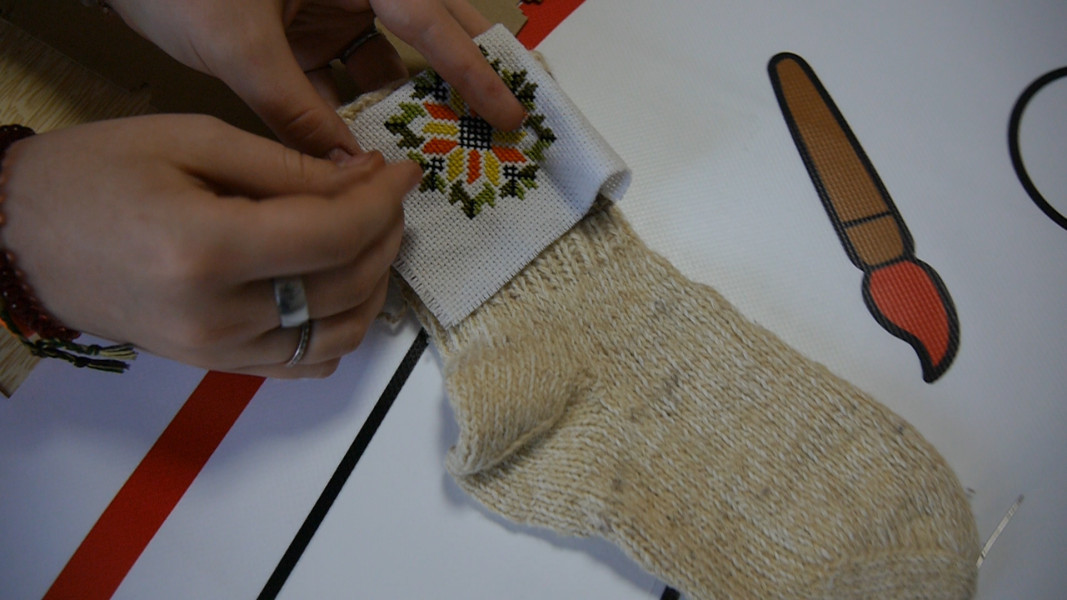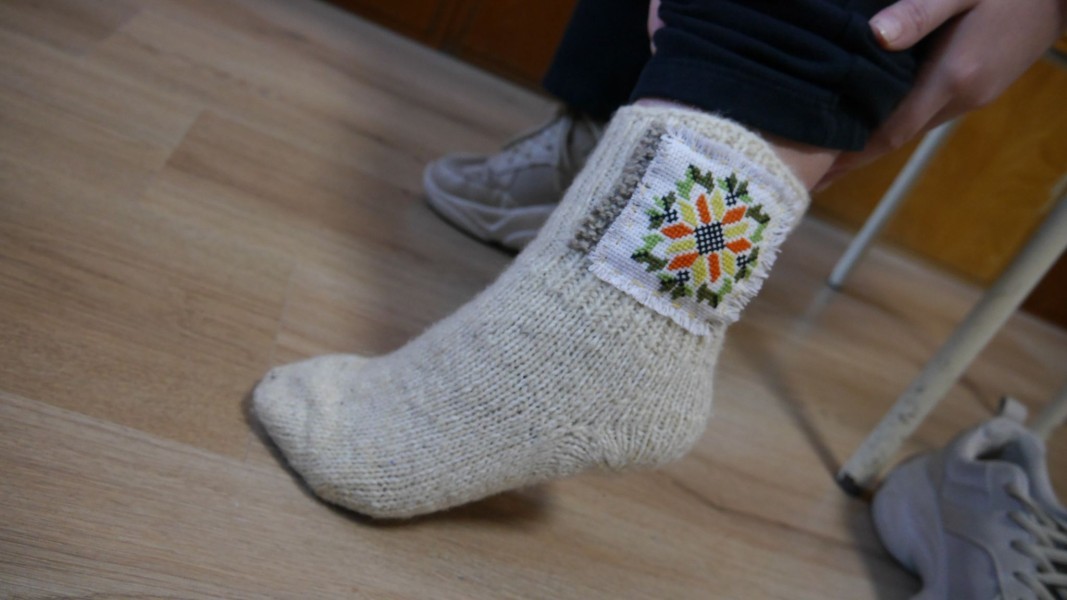



Heading south of Ivaylovgrad, we come across one of the strangest places in Bulgaria – welcome to Mandritsa! Founded in the 17th century by Albanian settlers, this Rhodope village has not only preserved its language, but also its distinctive tall..
For the tenth time in a row, from June 6 to 8 the festival "Everyday Life in Medieval Tarnovgrad" will gather participants from different parts of Europe to re-enact the historical events and life of the city as they were between the..
During graduation ball season and as the school year draws to an end, in June we take a look at what young people’s interests and concerns are on the cusp of a new chapter in their lives after finishing school. Teenagers usually have lots of dreams..
As we approach the height of summer and temperatures soar, access to water becomes essential. We remember the hardships of summer 2024, when hundreds of..
On June 21 and 22, the Expo Center "Flora" in the Sea Garden in Burgas will turn into a culinary arena , where the best paella masters from all over..
About 70 children from 22 schools in UK, Germany, France, Spain and Slovakia will gather on June 21 in the Bulgarian Embassy in London..

+359 2 9336 661
